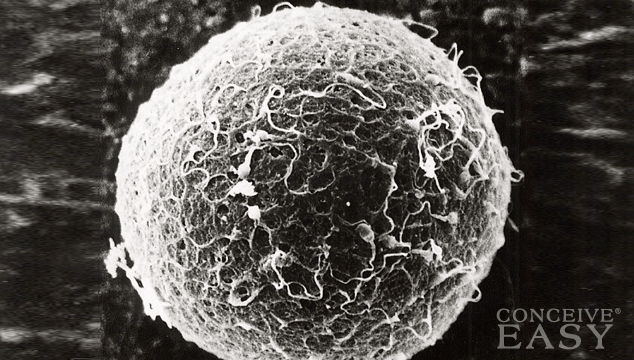
A Blighted Ovum is also known as an early pregnancy failure. It is a very common cause of early miscarriage. A blighted ovum occurs when a fertilized egg implants in the uterus but later stops developing or does not form at all. Sometimes a blighted ovum occurs before a woman even knows that she is pregnant. Claim Your 20 Free Pregnancy Tests – Click Here

Blighted Ovum is a very common cause of miscarriage during the first trimester. In fact, a blighted ovum accounts for just about one half of all pregnancies that occur during the first trimester of a pregnancy. However, sometimes a woman will not know about a blighted ovum until the end of the first trimester.

If you have a blighted ovum, you will still get a positive pregnancy test result, because there is a placenta there, it is just not progressing properly. Common early pregnancy symptoms like breast tenderness and morning symptoms will also usually occur as well. At the beginning of the pregnancy, it will usually seem like everything is progressing as normal.

Once the hCG levels in a woman’s body begin to come down (because the pregnancy is not progressing properly), usually there will be some bleeding or spotting. This bleeding or spotting might also be accompanied by cramping. If this occurs, you will probably go to see a doctor or to the hospital. Once at the doctor’s office, the doctor will not be able to find a heartbeat. You will then go on to have an ultrasound to make sure that things are okay, and that is where the doctor will be able to see that the gestational sac is empty.

A miscarriage will normally follow a blighted ovum by the end of the first trimester, often sooner. Your doctor might not want you to have to wait for a spontaneous miscarriage however. In this case, you will be given medication to speed up the miscarriage process, or a D&C procedure. Your doctor will be able to help you decide which option is best for you.

Just because you have a blighted ovum doesn’t mean that you will not be able to go onto have a healthy pregnancy in the future. In fact, most women who miscarry go on to have healthy pregnancies later on. Some studies even show that women who get pregnant within six months after having a miscarriage have the best chance of having a healthy pregnancy. A miscarriage doesn’t mean that you will never get to be a parent. In fact, in the majority of women, a blighted ovum only occurs once.










Comments